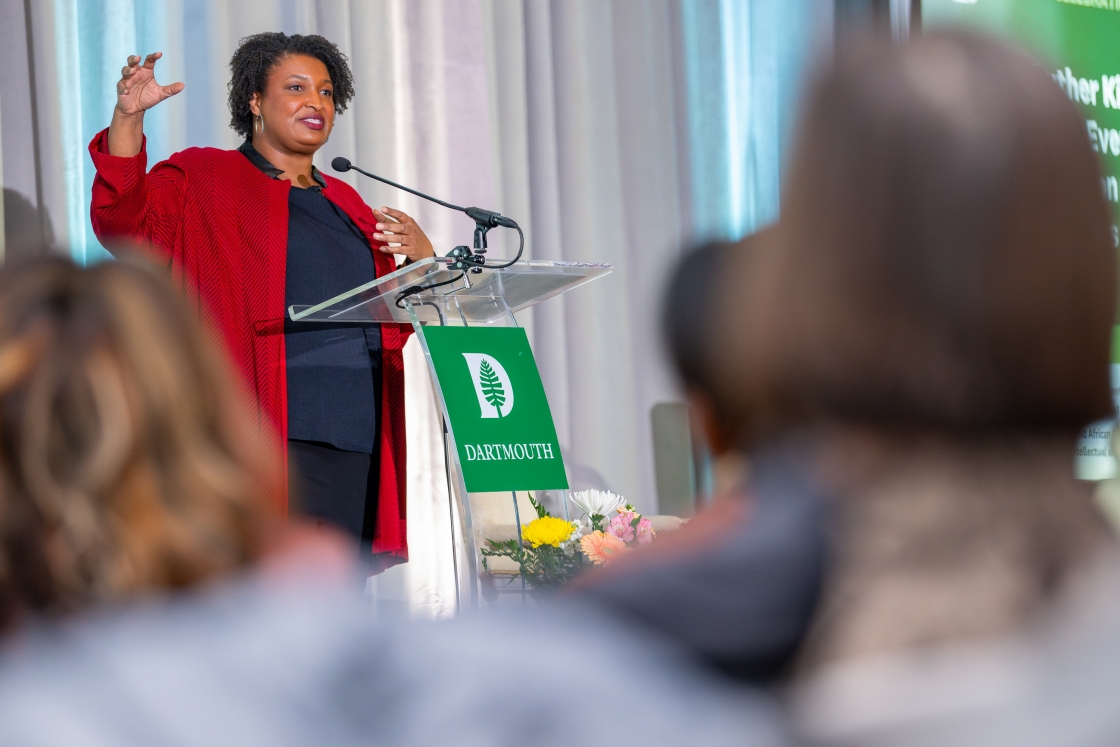The Tuck School of Business is launching a Business Bridge Program during the break between fall and winter terms—the interim that begins before Thanksgiving and ends after New Year’s.

The three-week version of the popular summer program will enable more Dartmouth students to attend, particularly juniors who can then bring the experience to their junior summer internships, says Robert Hansen, senior associate dean at Tuck and a faculty director of the Bridge program. Visiting Associate Professor of Business Administration Gail Taylor is co-director of the program with Hansen.
“The Bridge Program has done wonders to increase the career readiness of thousands of students,” says Hansen. “We look forward to being able to reach even more Dartmouth students with this new timing.”
In its 18 years, the summer Tuck Business Bridge Program has drawn participants from other colleges and universities as well as recent Dartmouth graduates. The requirements of sophomore summer and junior summer internships have precluded some Dartmouth students from attending the summer program, says Nicole Faherty, program director for the Business Bridge Program.
“We wanted to provide an opportunity for Dartmouth students to really take advantage of what Tuck has to offer,” Faherty says.
Read more:The three undergraduate courses Tuck already offers in accounting, marketing, and business strategy are consistently oversubscribed, she says. The new winter Bridge will “really complement and enrich the liberal arts degree of Dartmouth undergraduates with the practical business skills that Tuck offers as a world leader in management education,” she says.
The winter Bridge Program will offer about 50 slots over one three-week session during the break between Dartmouth’s fall and winter term and will have tuition of $7,000. That is compared with the summer Bridge program, which has spots for about 270 students over two four-week sessions, and has tuition cost of $10,200. Tuck is working with the Dartmouth housing office to ensure that participants can continue their campus housing option during the December Bridge. “Tuck has always had a significant financial aid program for Bridge, and that will be true for the December program as well,” Faherty says.
The December Bridge program is designed for liberal arts students who want to supplement their studies with real world business skills and ready themselves for the working world, Faherty says. The curriculum includes work in five core areas: financial accounting, managerial economics, marketing, corporate finance, and spreadsheet modeling. The program will feature additional sessions in entrepreneurship, nonprofit management, strategy, and organizational behavior. To cover the material in the shorter timeframe, coursework will be more intensive, she says.
Tuck is accepting applications for the December 2014 session, with a first deadline of June 1. More information is available at the Tuck School of Business website.

